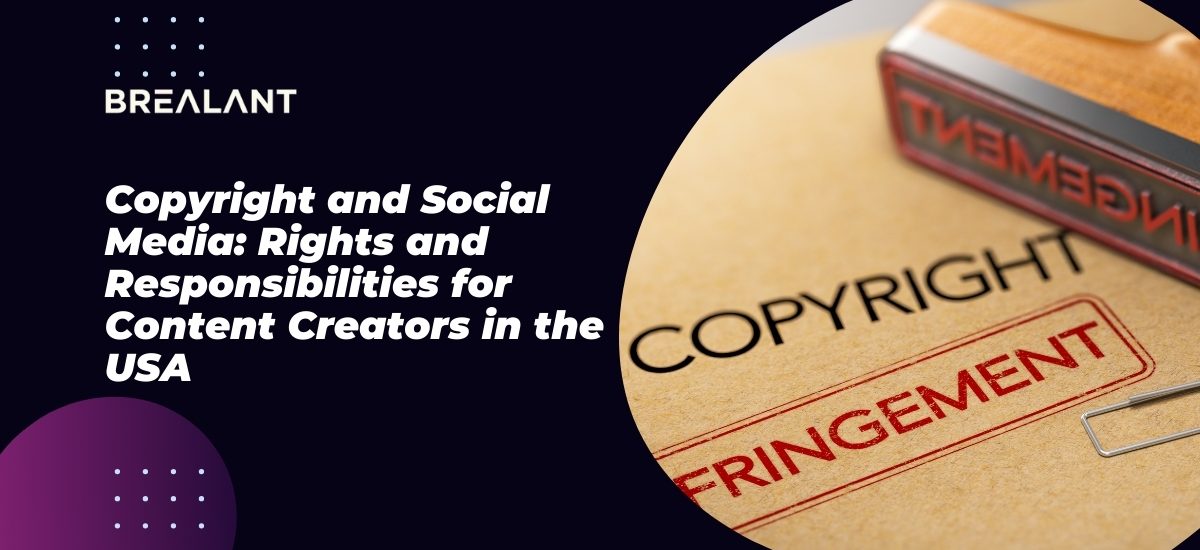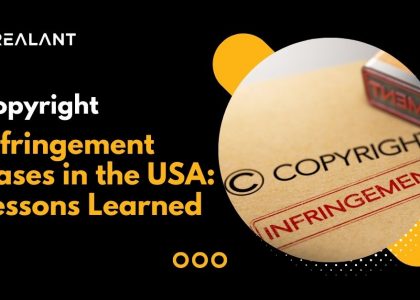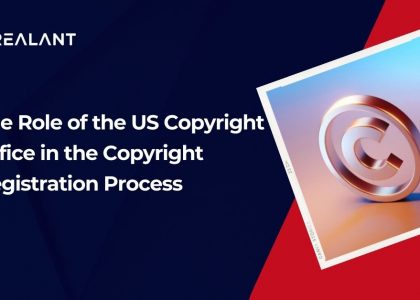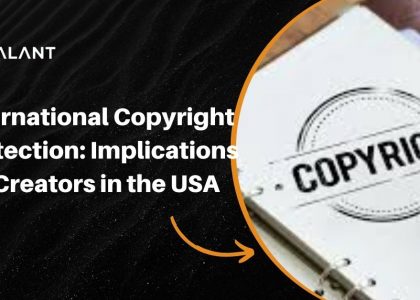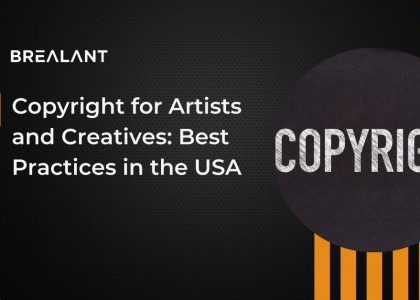In today’s world, social media has become an integral part of our lives. Whether communicating with friends or staying updated on the latest news, we rely on social media to keep us connected. With so much content being created and shared on social media platforms, you must know your rights and responsibilities regarding copyright and social media. As we increasingly communicate and share information through digital channels, it is increasingly important to know the rights and responsibilities of content creators. Copyright law protects original works of authorship, such as poems, songs, articles, photographs, paintings, and sketches. When you create something, you are automatically protected by copyright.
Copyright is a legal concept that protects authors of creative works from being unfairly deprived of their rights. In the United States, copyright protection extends to original works of authorship fixed in any form, including paintings, music, photographs, and text. Protecting copyrighted material ensures that creators can profit from their work and keep it available to others without fear of unfair competition or pirated copies.
Generally speaking, content creators have the right to use their work however they see fit. This includes selling or licensing their work to others (either for commercial or non-commercial use), displaying their work publicly (whether online or offline), modifying their work (assuming the changes are not damaging to the original work), and distributing copies of their work electronically. However, certain restrictions exist on how a creator can use their work. For example, a creator may not modify their work in a way that would cause it to infringe upon another’s copyrighted material. Social media platforms such as Facebook and Twitter also restrict what can be said online.
As a content creator, you have the right to protect your intellectual property (IP) regarding your content. This means you can hold onto copyright and claim exclusive rights to your work, including the right to sell or license your content. However, some important caveats should be considered when protecting your IP on social media. When a content producer starts to monetize their work, it frequently makes sense for them to establish a legal corporation. These legal structures, like corporations and limited liability firms, can offer several advantages, including restricted liability, which safeguards assets from business-related lawsuits. Several variables, including managerial flexibility and tax implications, should be considered when choosing an entity. Legal advice and tax planning should also be discussed.
There are a few essential things to keep in mind when protecting your IP on social media:
- First, make sure that you are using copyright-protected material properly. For example, by using proper quotation marks and providing proper attribution, you will avoid infringing someone’s copyright.
- Second, always be aware of online etiquette when sharing copyrighted material. By following simple guidelines—such as not sharing personal information or photos without consent—you will stay within the bounds of copyright law.
- Third, when a content producer is paid to promote a product and finds it awful, they cannot claim that it is excellent.
- Additionally, authors of material are prohibited from asserting something about a product that would need evidence that the advertiser has, including claims that a product can cure a disease.
- And lastly, make sure that you are clear about who owns any copyrighted material that is shared on social media platforms. By stating who owns the copyrighted material and crediting the original author, you will ensure that other users know where their content comes from.
All users of social media platforms must abide by the terms of service for such platforms, which are legal commitments that regulate various conduct on and with the sites. Otherwise, they risk being criticized or possibly having their platform taken away. Suspension or demonetization of an account might force content creators to shut down their business.
Regarding copyright and social media, being aware of your rights and responsibilities as a content creator is important. Following a few simple guidelines ensures that your copyrighted material is protected and used correctly.
Conclusion
As a content creator, you must know your online rights and responsibilities. You could violate copyright law if you post any information that uses copyrighted material without permission. Laws vary from country to country, but the general principles are the same. And even if you’re not violating copyright law, you may still be breaking other social media policies.
Content creators need to be familiar with their online rights and responsibilities. Awareness will help you avoid potential legal problems and protect your credibility as an online author. Learn more about your rights and responsibilities from the world’s best IP experts at Brealant. The company is known for its tech-led solutions for all your intellectual property domains.

